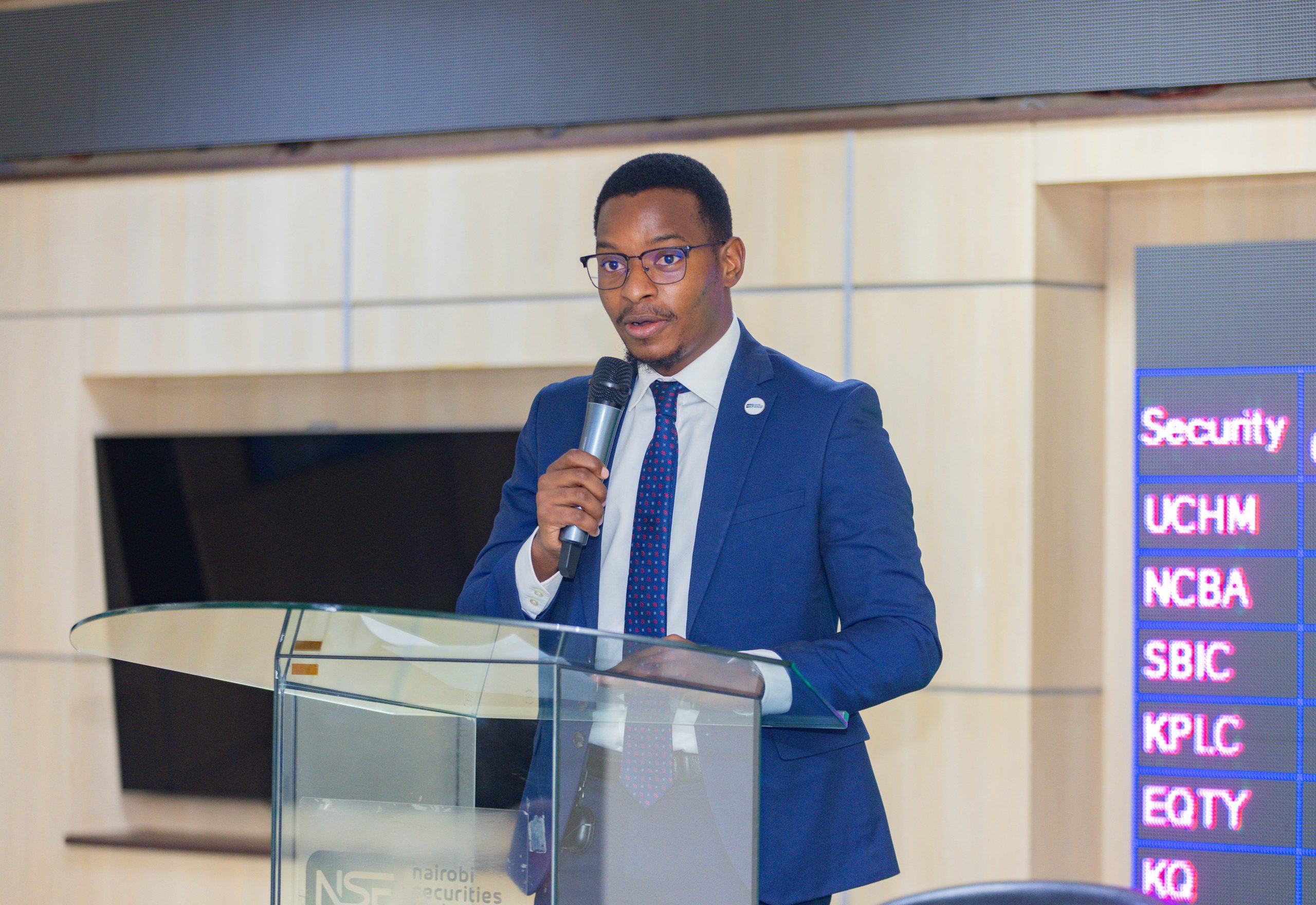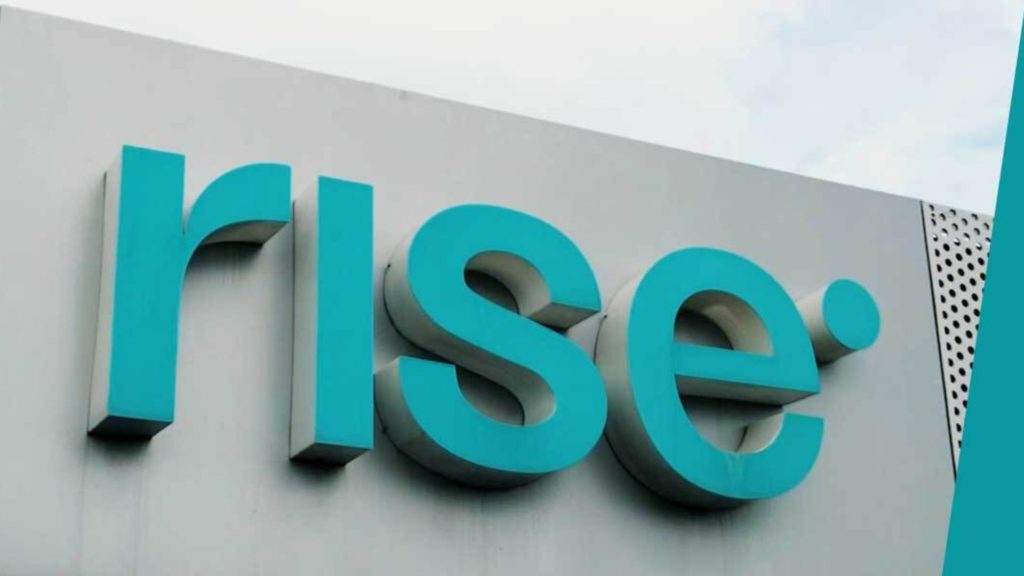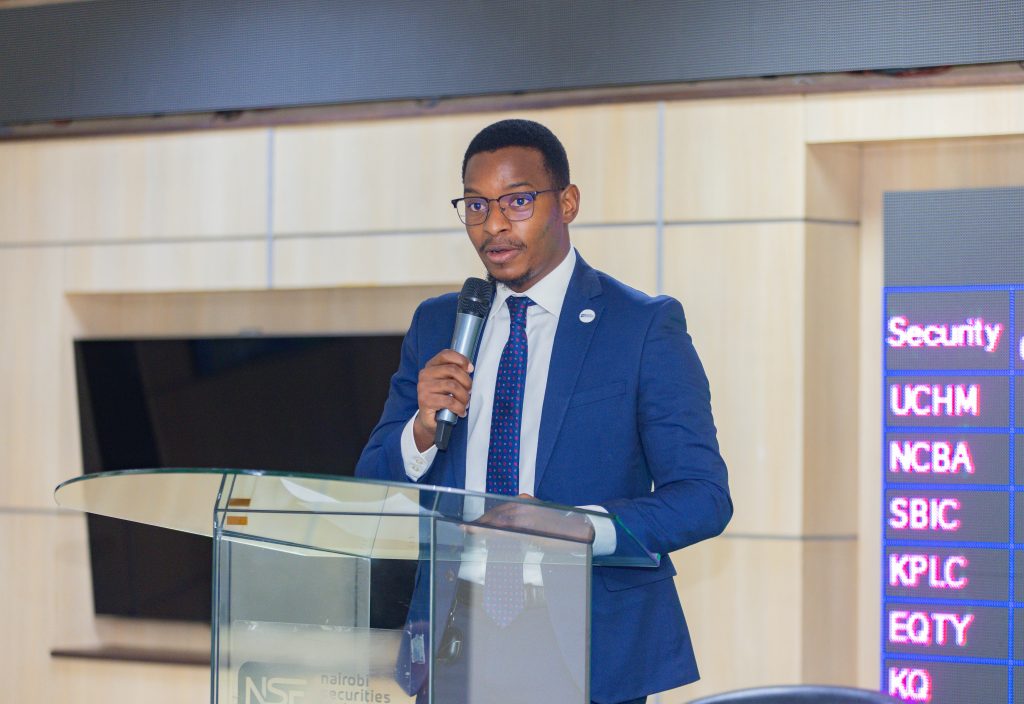Operating a self-owned business in Nigeria is not for the faint-hearted, which is why entrepreneurship may easily be viewed with much trepidation in this part of the world. However, there is increasing attention on entrepreneurship and its potency in providing employment for the teeming population of unemployed youths. According to Trading Economics, the employment rate in Nigeria decreased to 77.3 percent in the third quarter of 2018 from 76.9 percent in the second quarter of 2018. Correspondingly, the country’s unemployment rate in Nigeria increased to 23.1 percent in the third quarter of 2018 from 22.7 percent in the second quarter of 2018. For Nigerian youths, (persons aged 15-24), the situation appears to be tinged with bleakness as the unemployment rate in that demography skyrocketed to nearly 20% in 2019, as opposed to 9.84% six years ago. This calls for concern when compared to other African countries such as Tanzania (3.4% in 2019), Togo (2.5%), Malawi (7.1%), Gambia (12.3%) and Sierra Leone’s ( 8.5%).
Experts recommend entrepreneurship as the foundation of any developed nation. The Registrar, Institute of Credit Administration of Nigeria (ICA), Professor Chris Onalo, has stated that the government must increasingly work to improve the ease of doing business by developing and implementing more pro-market policies and making the business environment more attractive to investors. This also includes startups.
What is the state of doing business in Nigeria, and is it as troublesome as imagined?
Nigeria has been ranked 131 out of 190 countries by the World bank in the 2020 edition of its Doing Business 2020 report. The report carries an annual investigation into the regulations that enhance business activity and otherwise in economies around the world. It analyzes economic outcomes and identifies what economic reforms have worked, where and why. In spite of the seemingly low ranking, Nigeria moved up from 146th position in the previous year to the 131st position. This signifies the country’s second-highest annual progress of 11.45% in a decade. There is still more hope – Nigeria and other countries such as Saudi Arabia, Jordan, Togo, Bahrain, Tajikistan, Pakistan, Kuwait, China, and India, have been tagged the top 10 economies with the most noticeable improvement (they implemented one-fifth of all the reforms recorded worldwide).
How does this affect the average Nigerian graduate plagued with unemployment two to six years post-graduation?
With all its trappings and the psychological preparation required, entrepreneurship may still be one of the most feasible options for the country’s rapidly growing unemployed population. Alejandro Cremades, Author of The Art of Startup Fundraising & Serial Entrepreneur, shared in Forbes that generally, fundraising is one of the biggest challenges of an entrepreneur. Recognizing these variables, MTN created the Youth Entrepreneurship Development Programme, (YEDP), to aid young Nigerian entrepreneurs. It began in 2019, with a selection process that streamlined hundreds of applicants to 75 candidates. These candidates were selected from a pool of recipients of the Foundation’s scholarship schemes – MTN Foundation Science and Technology Scholarship Scheme (MTNF STSS) Scheme and MTN Foundation Scholarship Scheme for Blind Students (MTNF SBS). In February 2020, 51 shortlisted entrepreneurs presented their business plans before a panel of seasoned experts that included Group Heads and Managing Directors from the Bank of Industry (BOI) and seasoned entrepreneurs. The businesses pitched were from within the top 15 most lucrative business sectors in the country, as analyzed by Wealth Result.
Akinlawon Abiodun of A & A Integrated Farms shared insights gleaned from his budding pig farm. Bakare Qudus, a graduate of Management Accounting from the Obafemi Awolowo University, is the CEO of Ultimate Solar, an oil and gas business operating from Surulere, Lagos. His in-depth research and analysis of the industry and his hands-on experience in his area were some of the advantages that were easily spotted by the judge
Fela Akinse presenting Salubata to the panel of judges at the YEDP Pitch
‘Salubata’, a shoe sizing app, has already received awards for its innovation. The company’s owner, Fela Akinse, required funds to push the app from its seedling stage. He and other candidates are seeking up to 2 million Naira each, to enable them either develop their businesses or as means of pushing already existing businesses. Omolara Daniel is one of the faces behind Blindtech – a blind graduate who seeks to aid other blind Nigerians to access easily adaptable technology and information. She has already brokered talks with various relevant associations across the country.
Cross-section of MTN YEDP Participants during the pitch
If their business plans pass the stipulated criteria as assessed by the Bank of Industry, MTN Nigeria will provide up to 100 million Naira business support for up to 50 driven young entrepreneurs across varying sectors. Some participants have been requested to revise their plans based on learnings from the pitch and actual situational analyses of their sectors such as their target market, competition, feasibility studies, etc.
L-R: MTN YEDP Participants – Kareem Damilola; Grace Ogunlowo and Ayodeji Adedara
Successful participants will receive loan support of up to NGN 2,000,000 each with a grant of 10% on the principal amount. The loan is repayable after 36 months at an interest rate of 5% with six months moratorium. The MTN Foundation engaged the services of the Bank of Industry (BOI), based on their expertise, as an administrative partner to review the plans and select eligible businesses for the YEDP loan and drive the implementation of this initiative.
This program is another measure that ensures a quota of the unemployed population stands a chance of operating viable businesses that can contribute actively to the economy of smaller communities around Nigeria. This is akin to the domino-effect of the small actions that reverberate across a nation’s economy.


















